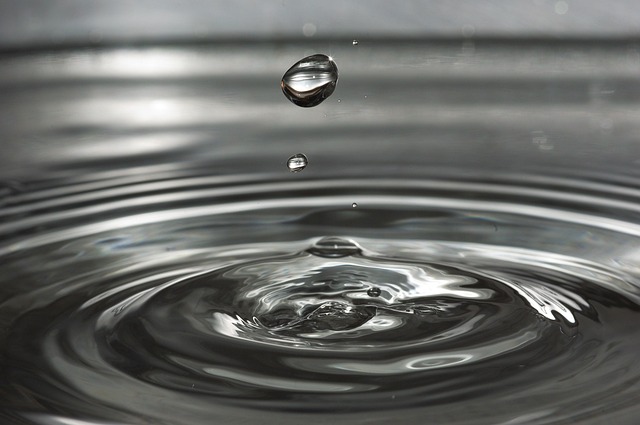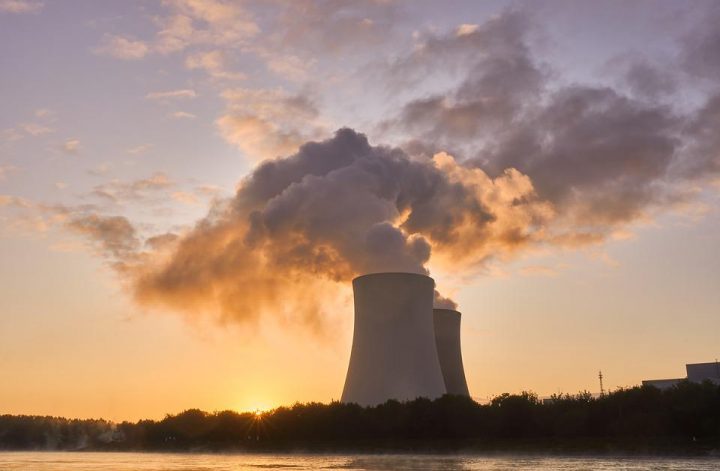Gender Inequality and Environmental Justice:
Gender inequality usually means that for women it is more difficult to obtain natural resources and use them on land due to restricted access or inability to use them that makes it difficult to fight against or even simply deal with environmental changes and other climatic issues they have to face.
Under the Sustainable development goals, there is a great emphasis placed on reducing poverty, and gender inequality which effects women and girls significantly more. This is because they usually have poor rights to ownership or property or land, lack of education, and in developing countries especially this is a prevalent problem as under a patriarchal rule women are restricted mainly to the houses where they focus on domestic work. As a result they are responsible for acquiring water, food and sometimes even other natural resources needed on a daily basis. The lack of education or awareness here means that they are not equipped with the knowledge to handle the environmental changes or care for the natural environment around them in the first place. This sort of reduced access to energy, water and education has a negative effect on sustainable development for the overall region and therefore leads to Environmental Injustice.
For more information, read: Environmental Justice: Ensuring Equity and Sustainability for All and Environment Discrimination and the Importance of Environmental Justice
How are these two co-related?
The climate crisis and the prevailing gender inequality is really one of the greatest challenges we as a society are currently facing. Women and girls continue to be most affected in terms of livelihood, health and safety and security. This is because women being the care-takers and traditionally responsible for the role of nurturing and caring for the future generation and handling household tasks, this means many women globally are the ones directly affected by the lack of access to natural resources due to increased capitalism and climate change. This is especially prevalent from the statistics that show a disproportionate number of females are employed in the agriculture sector as opposed to men. Therefore women empowerment and climate action go hand in hand and it is high time that proper action be taken for eliminating this gender inequality.
You might also like to read: What is Climate Justice and Why Is It Important?
Impacts of this Gender Inequality:
In developing countries specially, although it is not exclusively limited to them as this phenomenon of gender inequality is global and is being faced in developed countries as well. During periods of drought and erratic rainfall, women, as agricultural workers and primary procurers, work harder to secure income and resources for their families. This puts added pressure on girls, who often have to put their education aside to help their mothers manage the increased burden.
The lack of women in the workforce as a result leads to less awareness of their rights. Combine that with the ever looming threat of climate change, it multiplies other threats in the political, social and environmental setting in societies and escalates tension and conflicts over let’s say renewable sources or just alternatives in general. Studies have even showed that gender specific violence geared towards females particularly, have seen a rise as reported during the Pandemic where the cases of domestic violence were reportedly at an all time high since the 80s.
Water and Women: According to a report by the UN, when disasters strike, women are less equipped to deal with the aftermath and more likely to be injured due to long standing gender inequalities that have created disparities in information, mobility, decision-making, and access to resources and training. In the aftermath, women and girls are less able to access relief and assistance, further threatening their livelihoods, wellbeing and recovery, and creating a vicious cycle of vulnerability to future disasters. The lack of water for the kids that are the responsibility of the women of the family, the risk of water borne diseases and the overall availability of water as a domestic need for other purposes is often forgotten and intersects with many other aspects of post disaster management that is not provided for women.
It is also very important to consider the oft overlooked factor that many women are in dire need of maternal care, post natal care or just in need of nutrients as over 40% of women are often suffering from malnutrition. Research indicates that extreme heat increases incidence of stillbirth, and climate change is increasing the spread of vector-borne illnesses such as malaria, dengue fever and also the lack of access to maternal care and consideration from the government just drives home the point that women suffer consequently worse in the event of a disaster as their needs are often overlooked and not available leading to worse health care outcomes.
Also read: What is meant by Eco-Feminism? Why is it so Important?
Conclusion:
In order to effectively address climate change and gender inequality, it is crucial to admit and realize that the reason why this inequality exists in the first place is because when someone (in this case, women) is invisible or not thought of on a daily basis, then their needs are also invisible and therefore overlooked. In the event of a disaster or a crisis, they are forgotten and there is a tendency to reinforce the standard relief procedure without considering the women and their problems. This is particularly and perhaps even more true for women of color, immigrants and women living in lower class or poor regions. Therefore, in order to bring about a good structural change, we need to advocate for women’s rights to education and access to resources in a more convenient manner.
You may also be interested in: Clean and Healthy Environment: Protecting the Right to Life and Reducing Violent Crimes
We hope you liked this post! Please comment below if you have any suggestions, comments or feedback! We at #envpk love hearing from readers! Thanks!




